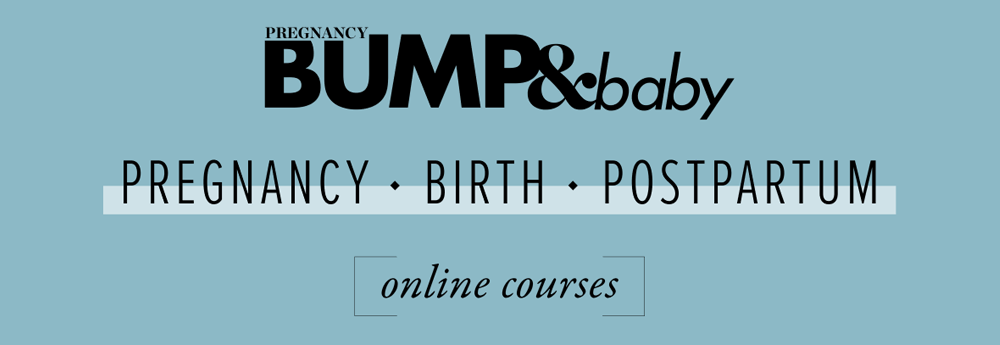
folic acid and your unborn baby
It’s vital to understand the importance of regular folic acid intake both before and during pregnancy, and how without it, women put their unborn child at risk before they have even conceived. It is during the first few weeks of conception, often even before many women realise they’re pregnant, that the critical period of organ development is taking place.
Daily folic acid taken both before and during pregnancy can reduce the risk of Neural Tube Defects (NTDs) by as much as 70%. NTDs produce a range of disabilities, including the more serious conditions of spina bifida and anencephaly.
Folic acid is the synthetic version of the naturally occurring B-vitamin, folate (vitamin B9). It’s an essential nutrient that we all need for our bodies to function properly, but in pregnancy it’s especially crucial within the first weeks of your unborn baby’s development, helping to ensure proper formation of the brain and spinal cord.
For most women, the recommended dosage for everyday health and pre-pregnancy preparation is 400 micrograms (mcg) per day. Women attempting to conceive are advised to take 800mcg of folic acid daily for four weeks before conception and 12 weeks after conceiving. In a few cases, especially where NTDs are already in the family, a 5mg dose is recommended.
Folic acid is a water-soluble vitamin, so it is not stored in the body and needs to be replenished daily. (Therefore, overdosing on folic acid is highly unlikely as the body will naturally flush out excess quantities.) Folic acid is man-made, and found primarily alone in folic acid tablets, in conjunction with other daily essentials in multivitamins, and in fortified foods. The natural version (folate), which is contained in certain foods, is not as readily or as effectively absorbed by your body. As such, it is highly recommended that you take the synthetic version on a daily basis if you are pregnant or planning to be, so that you know you are getting the required amount.
Folate is found in foods such as leafy green vegetables, citrus fruits, beans (legumes), wholegrain bread and cereals, yeast, liver and nuts. Eating more folate-rich foods will help you increase your folate intake naturally, but bear in mind you would have to eat the equivalent of 500g of raw spinach or 900g of boiled spinach daily to get the amount needed to reduce the risk of NTDs.
More Pregnancy Nutrition From BUMP&baby:
Everything You Need To Know About Pregnancy Cravings
Should You Take Supplements During Pregnancy?
Gaining Weight The Healthy Way
BUMP&baby
BUMP & baby is New Zealand’s only magazine for pregnancy and early babyhood. Our team of mums and mums-to-be understand what it’s like to be pregnant in this connected age, and that’s why BUMP & Baby online is geared toward what pregnant women and new mums really want to know.
Other articles of interest
How to avoid sibling jealousy before the new arrival
It’s fairly common for siblings to feel slightly resentful, even angry at the arrival of a new baby, but with a little forethought, you can make this transition less stressful
5 weird (but normal!) things about newborns
Newborns are cute, cuddly, and oh-so-soft – everything you may have pictured. But there are some downright strange things you may experience with your newborn, that the books either didn’t mention or glossed over.







